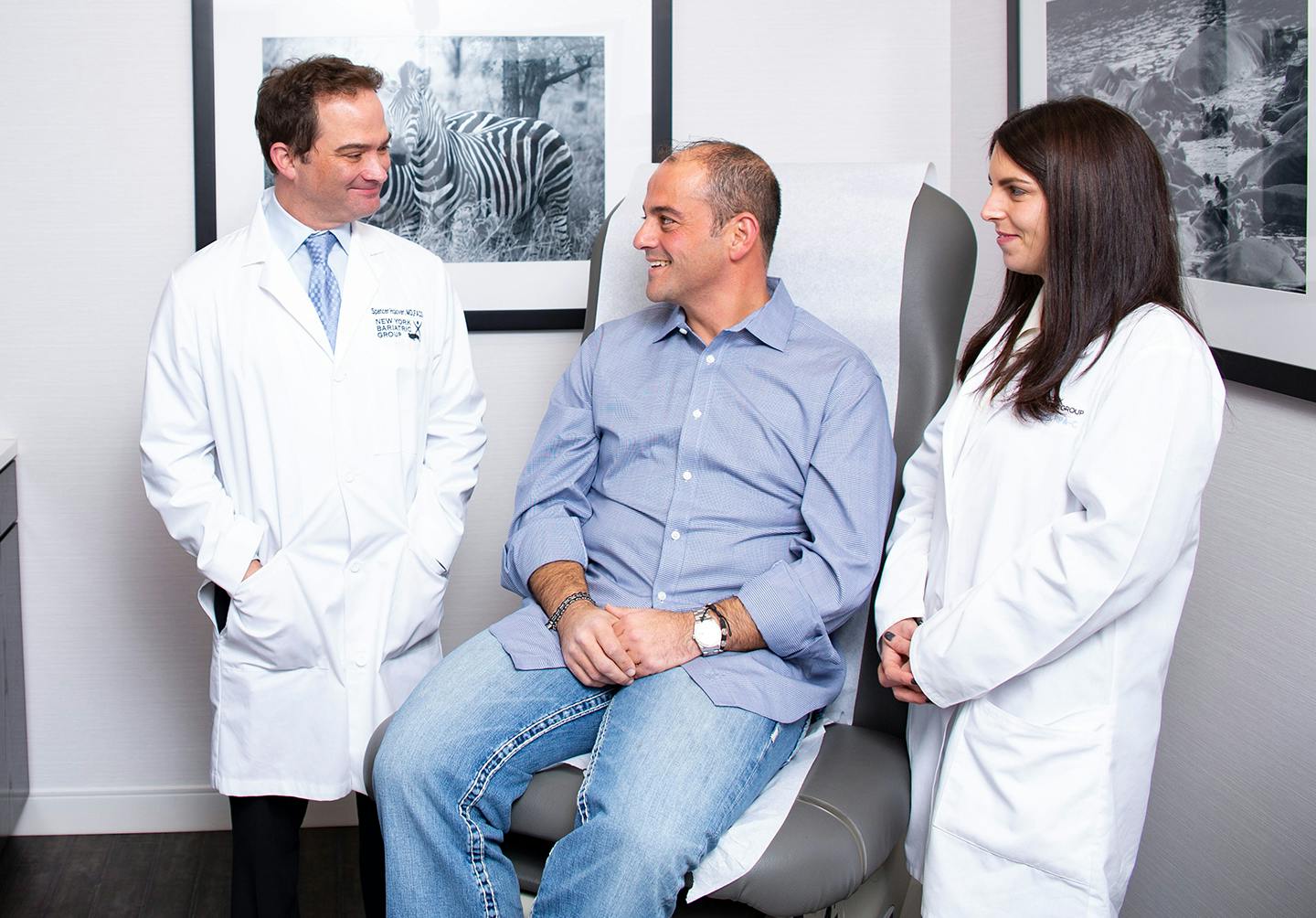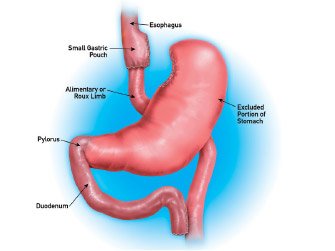On this page, you’ll learn more about our gastric bypass surgery in New York City & New Jersey, what it is, and how it works. You’ll also learn more about potential gastric bypass complications and the benefits of this type of procedure for weight loss. The Roux-en-Y gastric bypass surgery, commonly called gastric bypass, is a popular weight loss surgery called the gold standard of bariatric surgery. The gastric bypass has been performed for many years and is the oldest weight loss operation.
Unsure of your options?
Looking to achieve your weight loss goals? Our easy-to-use weight loss calculator helps you set realistic targets by estimating how long it will take to reach your desired weight. Enter your details, and get personalized insights on calorie needs, daily intake, and progress tracking. Whether just starting or fine-tuning your routine, this tool empowers you to stay on track and motivated. Start your journey today!
What about long-term? Typically, patients who stop weight-loss medication regain 100% of their lost weight, while weight-loss procedure patients gain back less than 20% after 5 years.




















